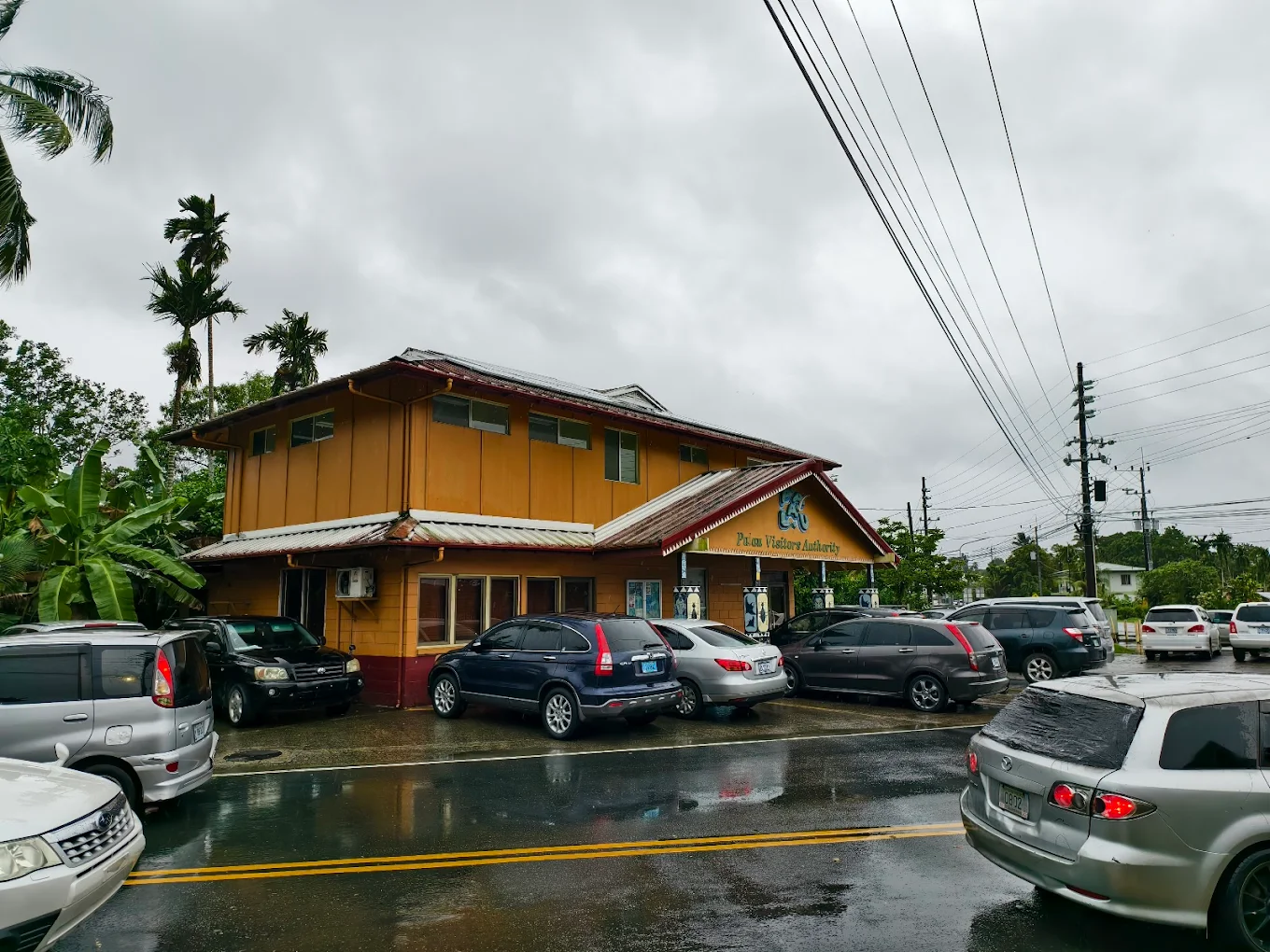Discover the Role of Palau Visitors Authority in Shaping the Future of Tourism and Preserving Palau’s Heritage
Nestled in the heart of the Pacific Ocean, Palau is a paradise of pristine waters, lush landscapes, and a rich tapestry of cultural heritage. At the forefront of promoting and preserving this idyllic archipelago is the Palau Visitors Authority, an organization established in 1982 with a visionary mission to champion sustainable tourism in Palau while safeguarding its unique cultural and natural treasures. The PVA’s multifaceted approach not only highlights the island’s breathtaking attractions but also emphasizes the importance of community involvement and responsible travel, ensuring that both locals and tourists contribute positively to Palau’s well-being. Through innovative tourism initiatives, the PVA is dedicated to cultural preservation and environment conservation in Palau, crafting a future where the islands’ heritage and ecological integrity are cherished and protected for generations to come. Embark with us on a journey to explore how the PVA is shaping the future of tourism in Palau, weaving sustainability into the very fabric of its enchanting landscapes and vibrant communities.

Role of Palau Visitors Authority
The Palau Visitors Authority (PVA) plays a crucial role in promoting sustainable tourism, preserving cultural heritage, and engaging the local community. As an organization, it seeks to balance tourism growth with environmental and cultural preservation, ensuring that tourism in Palau remains a positive force.
Promoting Sustainable Tourism in Palau
The PVA actively promotes sustainable tourism by integrating eco-friendly practices into its tourism strategies. Collaboration with local stakeholders focuses on minimizing the environmental footprint of tourism activities. For instance, initiatives like the Palau Pledge compel visitors to respect the local environment and culture.
-
Visitor numbers are managed to prevent over-tourism.
-
The PVA uses data-driven insights to support sustainable practices, as detailed in this report.
-
The organization advocates for low-impact tourism to reduce ecological strain.
By adopting these strategies, Palau positions itself as a leader in sustainable tourism, balancing visitor experience with ecological responsibility.

Highlighting Cultural Preservation Efforts
Cultural preservation is central to the PVA’s mission. By celebrating Palau’s rich traditions, the authority seeks to protect the island’s cultural identity. Festivals and cultural events are organized to keep traditions alive and offer visitors authentic experiences.
-
The PVA collaborates with local communities to document and promote traditional practices.
-
Cultural heritage sites are preserved and featured in tourism insights.
Such efforts highlight the importance of cultural preservation in maintaining Palau’s unique identity, ensuring traditions are passed down to future generations.
Engaging Community in Tourism
Community engagement is vital for successful tourism initiatives. The PVA facilitates local involvement by encouraging residents to participate in tourism activities, fostering a sense of ownership and pride.
-
Workshops educate locals on the benefits of sustainable tourism.
-
Community projects are supported to enhance local livelihoods.
-
Partnerships with local businesses create tourism opportunities.
These actions ensure that the community remains an integral part of Palau’s tourism landscape, contributing to both economic growth and cultural preservation.
Initiatives for Environmental Conservation
Environmental conservation is a cornerstone of the PVA’s approach. Through various initiatives, the authority aims to protect Palau’s natural beauty and biodiversity.
Programs for Palau Heritage Protection
Palau’s heritage protection programs are designed to safeguard both natural and cultural landmarks. The PVA collaborates with environmental organizations to implement conservation strategies.
-
Marine conservation areas are established to protect coral reefs and marine life.
-
The PVA promotes responsible activities, such as eco-tourism, to minimize environmental impact.
By emphasizing heritage protection, the PVA ensures that Palau’s natural and cultural assets remain intact for future generations.
Strategies for Responsible Travel Education
Educating visitors on responsible travel is essential for sustainable tourism. The PVA implements strategies to inform and guide tourists.
-
The Palau Pledge requires visitors to commit to environmental and cultural respect.
-
Information campaigns highlight sustainable practices for tourists.
These educational efforts are crucial in instilling a sense of responsibility among visitors, ensuring that tourism benefits both the environment and local communities.
Future of Tourism in Palau
The future of tourism in Palau involves innovative approaches that balance growth with preservation. The PVA continues to develop strategies that promote sustainable and culturally respectful tourism.
Innovative Tourism Initiatives Palau
The PVA is at the forefront of developing innovative tourism initiatives. By embracing technology and creativity, the organization aims to enhance the tourist experience while supporting sustainable practices.
-
Virtual tours and digital platforms offer new ways to explore Palau.
-
Initiatives such as immersive cultural experiences allow visitors to engage deeply with local traditions.
These innovations position Palau as a unique destination that blends tradition with modern tourism strategies.
Balancing Growth and Preservation
Balancing growth with preservation remains a key challenge for the PVA. By developing strategic plans, the authority ensures that tourism growth does not compromise cultural and environmental integrity.
-
Growth metrics are monitored to maintain sustainable tourism levels.
-
Community and environmental considerations are integrated into planning.
The PVA‘s commitment to balancing these elements secures a bright future for tourism in Palau, where visitors and locals alike can enjoy and protect the islands’ treasures.

